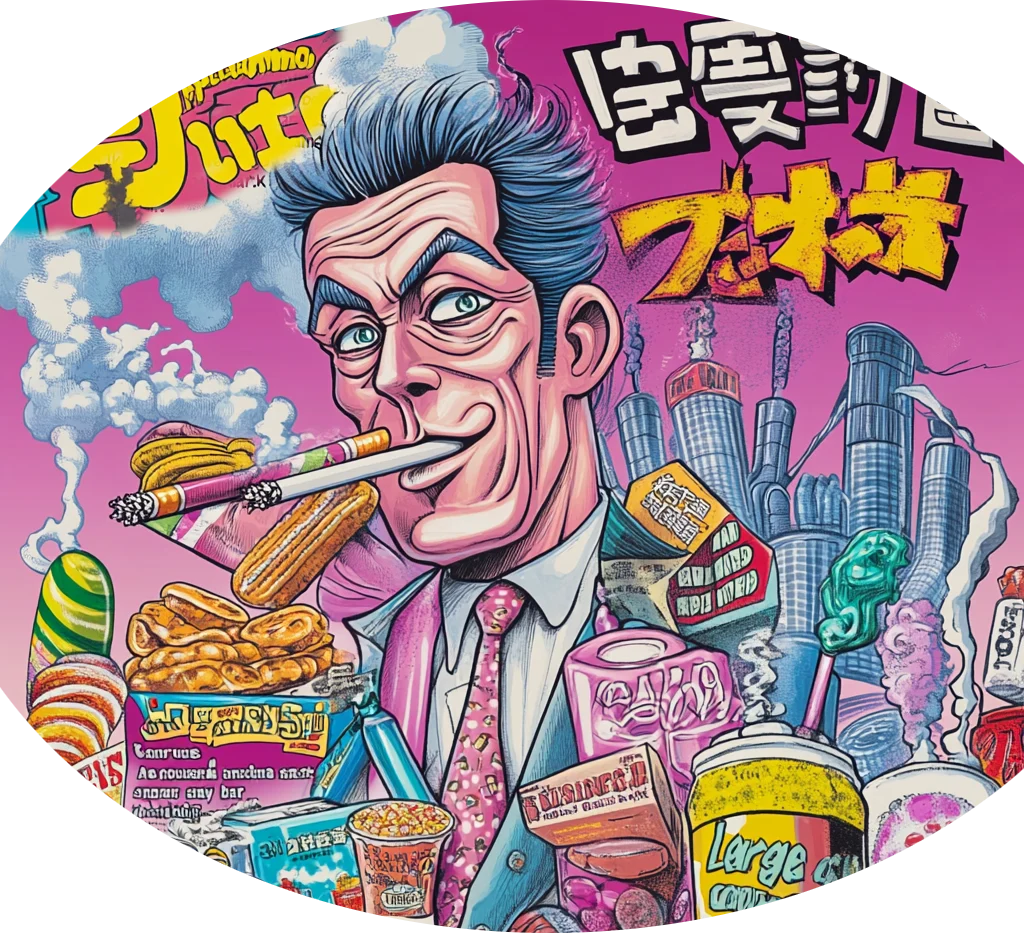“From Cigarettes to Candy Bars: How Big Tobacco Hooked Us on Junk Food”

In the 1980s and 1990s, major tobacco companies like Philip Morris and R.J. Reynolds diversified into the food industry, acquiring brands such as Kraft, General Foods, Nabisco, and Hawaiian Punch. This strategic move allowed them to apply their expertise in creating addictive products to the food sector, leading to the proliferation of hyper-palatable foods—items engineered with high levels of sugar, fat, and salt to enhance taste and encourage overconsumption.
Research indicates that during their ownership, tobacco companies formulated and marketed foods that were significantly more hyper-palatable than those of their competitors. This approach mirrored their tactics in the tobacco industry, focusing on product formulations that heightened consumer cravings and fostered habitual consumption.
Even after divesting from the food industry in the early 2000s, the legacy of these practices persists. A substantial portion of the American food supply remains hyper-palatable, contributing to public health challenges such as obesity and related diseases.
This historical intersection of the tobacco and food industries underscores the importance of scrutinizing corporate strategies that prioritize profit over public health. Understanding these tactics is crucial for developing effective policies and interventions to promote healthier eating habits and mitigate the impact of hyper-palatable foods on society.